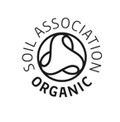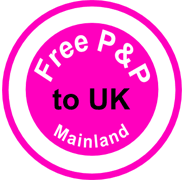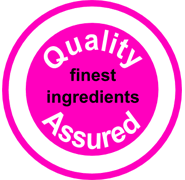Organic vs Non-organic
Organic Products
By definition organic (food or farming methods) are produced or involve production without the use of chemical fertilisers, pesticides, or other artificial chemicals (1). The term "organic" is regulated into UK law and many other countries. The UK organic regulations are covered by the:
- Retained Council Regulation (EC) 834/2007
- Retained Commission Regulation (EC) 889/2008
- Retained Commission Regulation (EC) 1235/2008
- The Organics Products Regulations 2009
In the UK the Department for Environment, Food & Rural Affairs is responsible to maintaining and making available these regulations (2).
You can only label foods as ‘organic’, or use terms relating to organic production methods, if:
- at least 95% of the product’s agricultural ingredients are organic
- all other ingredients, additives and processing aids are listed as permitted within the organic regulations
Other terms relating to organic methods include:
- ‘bio’
- ‘eco’
- ‘organically grown’
- ‘organically produced’
- ‘grown or produced using organic principles’
- ‘grown or produced using organic methods’
The rules also apply to company names, or brand names. For example, you could not use the name ‘Smith’s Organic’ for a non-organic product or business.
If your product contains less than 95% organic agricultural ingredients and you wish to make organic claims on the product labelling, or in the marketing, you must obtain certification for your product from an organic control body.
You can only use ‘organic’ in the ingredients list on the label or accompanying documentation. You cannot include ‘organic’ in the product name or description. For example, the ingredients panel of your label may include ‘organic sugar’ in a list of other ingredients.
To label your product as organic, you must register with one of the UK organic control bodies in order to be certified. A control body will carry out regular audits to ensure every part of the product supply chain meets the organic standards, which will include both UK and in the case of imported products Non-UK product audits. For example the request and then independent verification of Non-UK supplier organic certifications.
Soil Association are the largest control body in the UK
Non-Organic Products.
By contrast Non-organic products which make up the vast majority of foods we eat today are able to use production materials which are not allowed in organic production. This does not mean that any or all of these materials are used, but there is no certification to confirm (via inspections and audits) that they have not been used. In some instances there are products where there are currently no organic certified primary producers and therefore these products cannot be obtained with organic certification.
References
(1) Oxford language dictionary
(2) https://www.gov.uk/guidance/organic-food-labelling-rules







